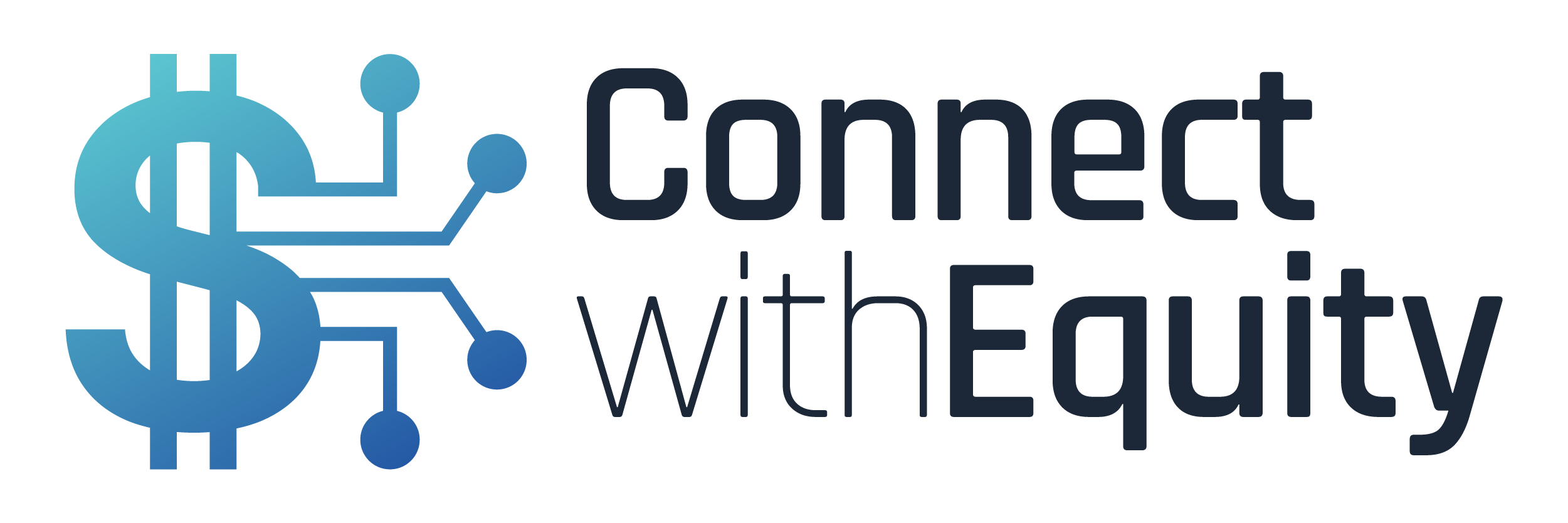Financial transactions and reporting are essential for the operation of a company. They help companies comply with regulations and laws. Public companies, for example are required to submit reports to governing bodies like the Securities Exchange Commission to prove that they follow the rules of financial accounting. They also submit tax return to their tax authorities to prove that they adhere to the corporate tax rules.
The reporting that a company is required to do helps identify cash outflows and inflows, so that the company can prepare for the future and anticipate threats and opportunities. Finance teams also have a duty to inform the business about possible risks and challenges. This involves helping businesses to understand the importance of cash flow and how it’s tracked.
A key element to good financial reporting is having clear and concise descriptions of each transaction. This is particularly crucial when creating documents like cash statements, deposits modifications, requisitions and order orders, bills, and travel expense reports. A properly written description will be capable of delving into the specific purchase in order that it can be differentiated from other ledger entries in regular ledgers and Finance Mart reports.
FINTRAC utilizes financial information supplied by the public to monitor suspicious activities such as money laundering and financing of terrorists. FINTRAC identifies patterns and trends by studying reports from banks, credit unions business that deal in money services, casinos, in addition to information from other sources.
The mission of FINTRAC is to safeguard the Canadian economy and society from the proceeds of criminal activity. FINTRAC’s purpose is to protect the Canadian economy and society from the profits of crime. It collaborates with businesses and partners in law enforcement to stop money laundering.

Leave a Reply